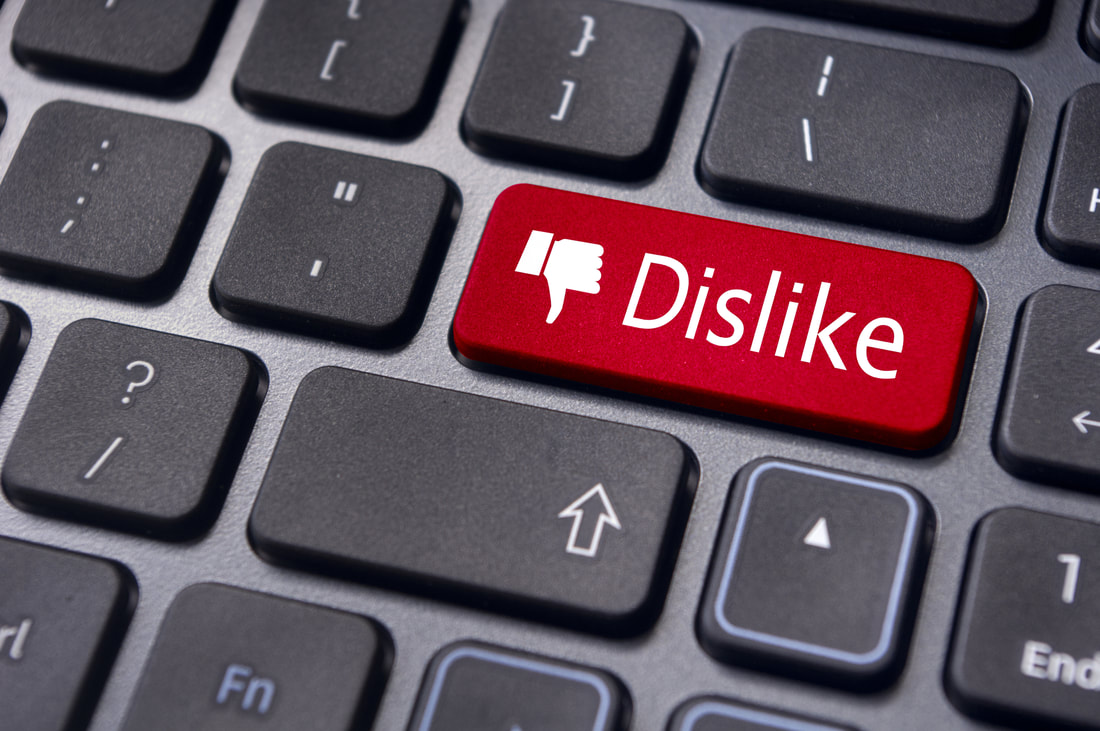A lack of employee awareness towards personal social media misuse can spell trouble for SMEs. It can lead to different forms of workplace bullying, including gossip and libel of management and an organisation.
Social media policies are key in helping businesses to avoid social media misuse by staff.
Challenges of Implementing a Social Media Policy: Blurred Lines
Social media dominates all communication in 2018. However, the ever-blurring lines between the employee and the person, public vs private, are a growing concern.
In September, the UK’s NHS disciplined more than 1200 employees for their abuse of social media, with cases including workplace bullying, defamation and the sharing of patient details online.
Social media misuse from staff in the form of workplace bullying and defamation can affect organisations in a number of ways.
Social Media Misuse: Workplace Bullying
Social media can encourage and facilitate workplace bullying during ‘out-of-hours’. Not only can bullies utilise social media to spread gossip or falsehoods about an employee, but they can use it to target those that they bully when they are out of the office.
While some networks, such as Facebook, are introducing measures to try and tackle bullying facilitated by their sites, businesses can do more to tackle bullying in the workplace head-on.
Defamation and Libel
As more workers become empowered to air their views in public, companies face the risk of being libelled by their own staff on social media. This can significantly reduce the reputation of an organisation with its internal and external publics.
The Irish Court Service reported earlier this year that there had been an 85% rise in defamation cases as a result of the rising use of social media.
Similar to workplace bullying, libel on social media can affect an organisation’s working environment, as well as the dynamics of workplace relationships. Implementing a social media policy can tackle such threats head-on.
Why Should Businesses Implement a Social Media Policy?
As discussed in past articles, workplaces have a legal duty in Ireland to ensure that their environments are safe places to work for employees.
By implementing a clear social media policy, companies can help to prevent workplace bullying taking place via social media. Employees will be clear on what constitutes online bullying, and how to report such matters.
A business lacking a robust social media policy opens itself up to preventable costs, just as Tesla recently learnt in the aftermath of a tweet from former Chairman Elon Musk. After tweeting his ambition to take the company private, the silicon-valley enterprise’s share prices dropped dramatically.
Social media policies can educate employees on what constitutes organisational defamation through their personal profiles, how such libel can affect the image of the business as well as their own personal reputation. This will protect a company from a loss of reputation, as well as prevent the fostering of such a company culture.
By educating staff in this way, businesses can act against employees who misuse social media for bullying or defamatory purposes, ensuring the workplace remains safe for all workers.
Implementing a Social Media Policy
Just as regulation of social media as a whole is not a clear issue, neither is the implementation of social media rules within the workplace.
Free speech is an important right for many. However, to protect their companies, business owners and managers should implement a fair and thorough social media policy.
While social media policies should prohibit any form of defamation against an organisation and its staff, SMEs should tread this fine line cautiously, avoiding prohibitions on employee political or personal beliefs, so long as they are not discriminatory or abusive in anyway.


 RSS Feed
RSS Feed